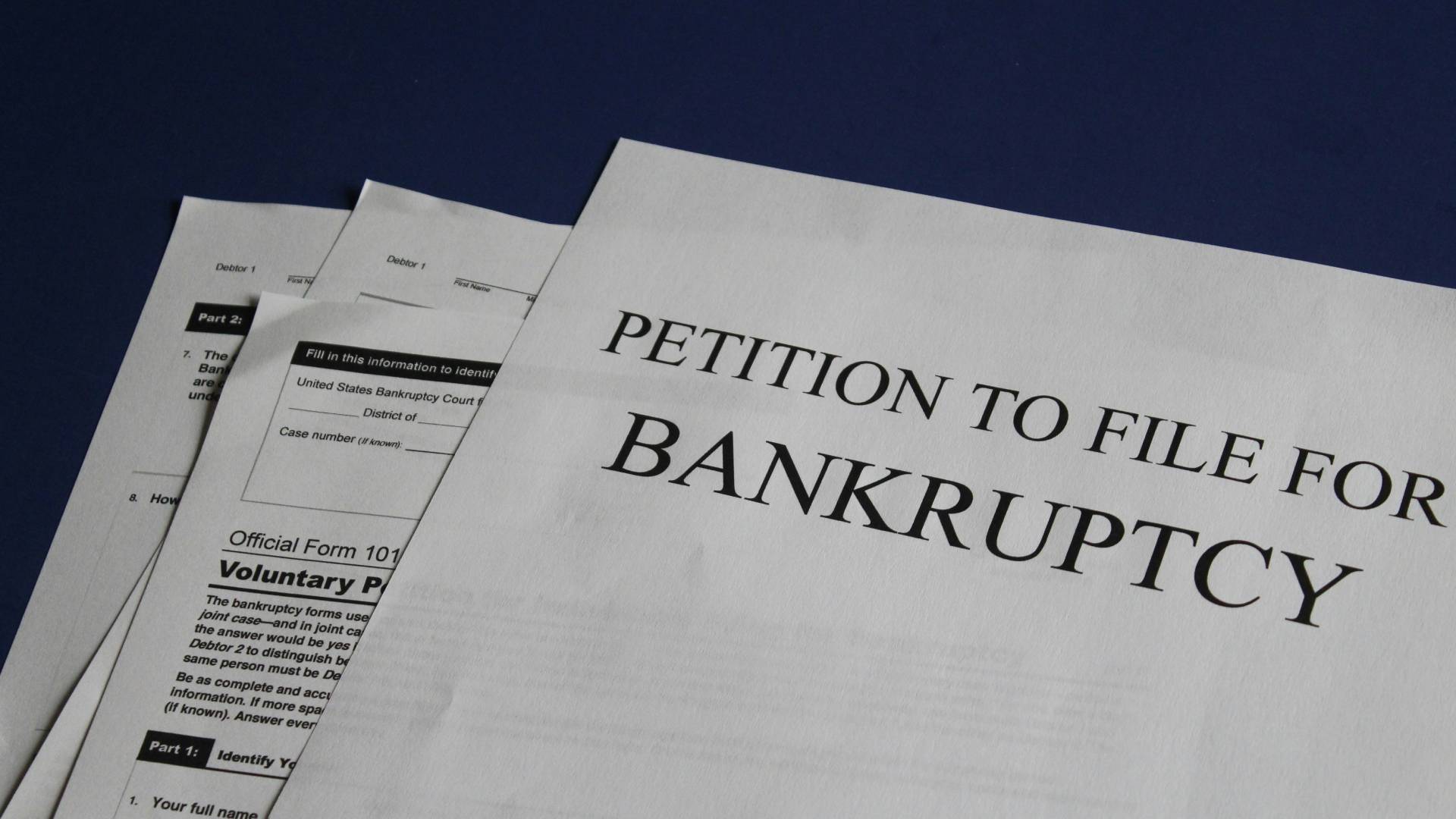Non-disclosure agreements (NDAs) are a form of confidentiality agreement used to provide governing terms to protect confidential information. Commonly, an NDA is entered into by the parties involved at the beginning of a commercial transaction. However, it is possible to enter into a retrospective NDA so long as all parties agree. Retrospective NDAs occur when confidential information is shared prior to the signing of confidentiality obligations.
Almost all types of information can be classed as confidential and therefore be subject to a non-disclosure agreement. Whilst there is no specific legal definition of what constitutes confidential information, it is not possible to claim that information readily accessible to the public is confidential—therefore, restrictions cannot be placed on it.
An NDA should be entered into as quickly as possible and, ideally, before disclosing any confidential information within a commercial transaction. Entering into a written agreement is one of the most effective ways to protect confidential information, as contractual obligations are easier to enforce.
Whilst the implementation of an NDA can act as a deterrent against the release of confidential information, it cannot guarantee that the information will remain confidential. Should any confidential information be released, remedies are available—either as preventative measures or in the form of compensation.
If it comes to light that confidential information may be released or misused, an injunction can be sought to prevent this. However, injunctions offer limited value if the information has already been disclosed.
Another form of remedy available is damages. This provides the claimant with compensation for the breach, calculated by assessing what the released information would have been used for by the claimant, and any potential loss of earnings resulting from the information not being used for its intended purpose.
For further advice and assistance, please contact our Commercial Solicitors on 01604 344512 / 01908 044759 or email [email protected]
Disclaimer: The information provided on this blog is for general informational purposes only and is accurate as of the date of publication. It should not be construed as legal advice. Laws and regulations may change, and the content may not reflect the most current legal developments. We recommend consulting with a qualified solicitor for specific legal guidance tailored to your situation.

Written by Christopher Buck
Associate Partner, Business Services at Franklins Solicitors LLP
Specialises in insolvency law for practitioners and funders, commercial contracts including IT and franchise agreements, dispute resolution through to High Court appeals, and intellectual property including trademarks, copyright, and confidential information.
Christopher Buck is an Associate Partner and Commercial Services Solicitor at Franklins Solicitors LLP. He joined the firm in 2005 after graduating from the University of Reading and the College of Law in Guildford, qualifying in 2007 and becoming an Associate Partner in 2012.
Christopher specialises in insolvency, commercial contracts, dispute resolution, and intellectual property. He acts for clients across sectors including IT, manufacturing, and recruitment, and has notable experience in high-value insolvency litigation and complex contract negotiations. He also advises on IP enforcement, trademarks, and e-commerce compliance.
Known for his attention to detail and pragmatic advice, Christopher is also involved in mentoring and recruitment at the firm, helping develop future legal talent.
Outside of work, Christopher enjoys music, supports MK Lightning ice hockey, and spends time with his two children.





